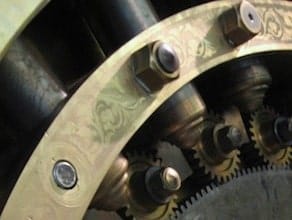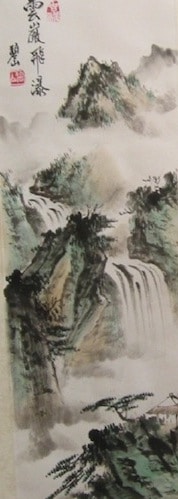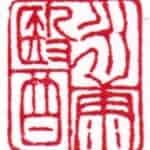 Acupuncture is well known for its ability to treat pain, regulate a woman’s menstrual cycle, and instill a deep sense of quietude and well-being. What is less well known is that Chinese herbal medicine can be effective in the treatment of certain “incurable” problems. I’m not suggesting magic here, or that Chinese medicine has secret methods that can cure any health concern. What Chinese medicine, of which acupuncture is one aspect, does offer is a profoundly different understanding of human physiology. Viewed through the prism of this other perspective we can gain a different angle from which to both understand and treat illness.
Acupuncture is well known for its ability to treat pain, regulate a woman’s menstrual cycle, and instill a deep sense of quietude and well-being. What is less well known is that Chinese herbal medicine can be effective in the treatment of certain “incurable” problems. I’m not suggesting magic here, or that Chinese medicine has secret methods that can cure any health concern. What Chinese medicine, of which acupuncture is one aspect, does offer is a profoundly different understanding of human physiology. Viewed through the prism of this other perspective we can gain a different angle from which to both understand and treat illness.
Let’s take for example the treatment of Meniere’s disease. While the Western bio-medical world considers this to be an idiopathic problem related the fluid balance of the inner ear, and offers at best symptomatic treatment to the accompanying dizziness, vertigo and hearing loss. Chinese herbal medicine comes at it from a profoundly different view.
It is difficult to explain in a short blog post, and it does not help that the technical language of Chinese medicine uses a poetic word-salad of  exotic terms such as Yin, Yang and Qi. Like looking at a Chinese watercolor, it is easy to mistake the simplicity of the lines for a lack of creative depth. So too the technical language of Chinese medicine easily blinds our Western reductionist mind to the depth of what appear to be simple concepts.
exotic terms such as Yin, Yang and Qi. Like looking at a Chinese watercolor, it is easy to mistake the simplicity of the lines for a lack of creative depth. So too the technical language of Chinese medicine easily blinds our Western reductionist mind to the depth of what appear to be simple concepts.
Suffice it to say, as quantum physics has been pointing out for decades now; that the structures we use to see, influences what we see. So too it is with Chinese medical thought– its paradigm of functional interaction between organ systems gives us a more systemic view than that obtained by simply looking at individual organs.
In the case of something like Meniere’s disease we are not so much concerned with the water that is causing mischief in the inner ear, as we are with accessing the water metabolism throughout the entire body. This means we must look at local areas of fluid stagnation, the various processes that drive water metabolism, and why the ears in particular are prone to this problem.
So, which Chinese herbal formulations treat Meniere’s disease? As with most conditions treated by acupuncture and Chinese herbs we need to first be clear about how a problem is constellated before we can choose the most effective way to treat it.
One size does not fit all, and it is rare that “symptom=prescription.”
The key to using Chinese medicine well is to look beyond the symptoms to the underlying physiological dysfunction; the root of the problem if you will. That is where treatment is to be applied. It is vitally important to remember that similar symptoms may have vastly different underlying root causes. This is why two people can go to visit an Chinese herbalist for the same “problem,” and come out with two very different herbal prescriptions.
More often than not, getting to the root of the problem will result in symptoms resolving on their own.

